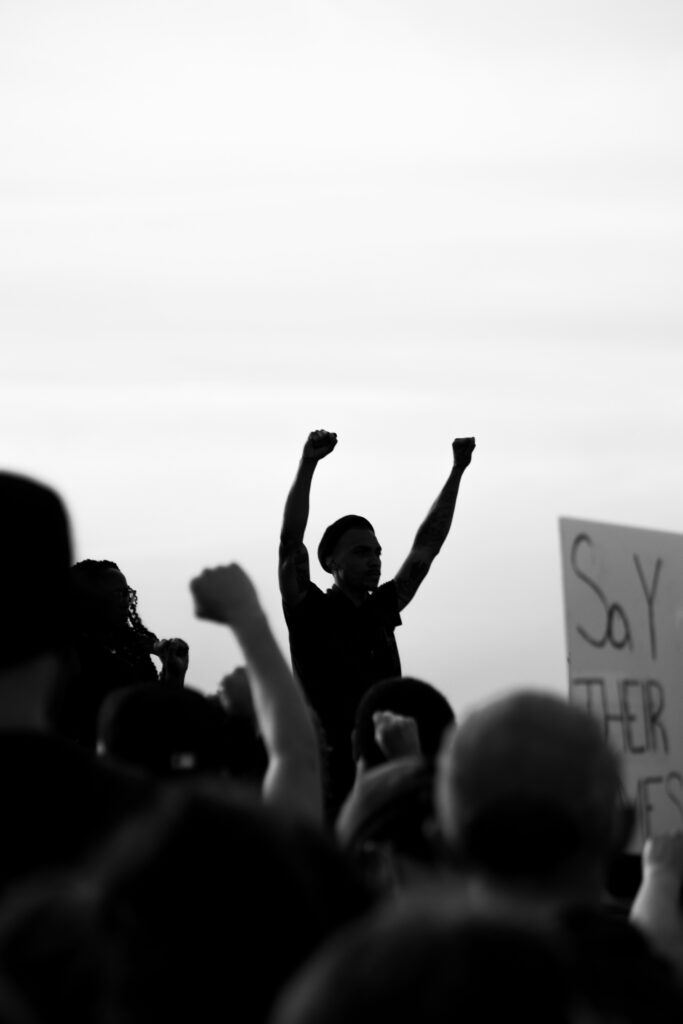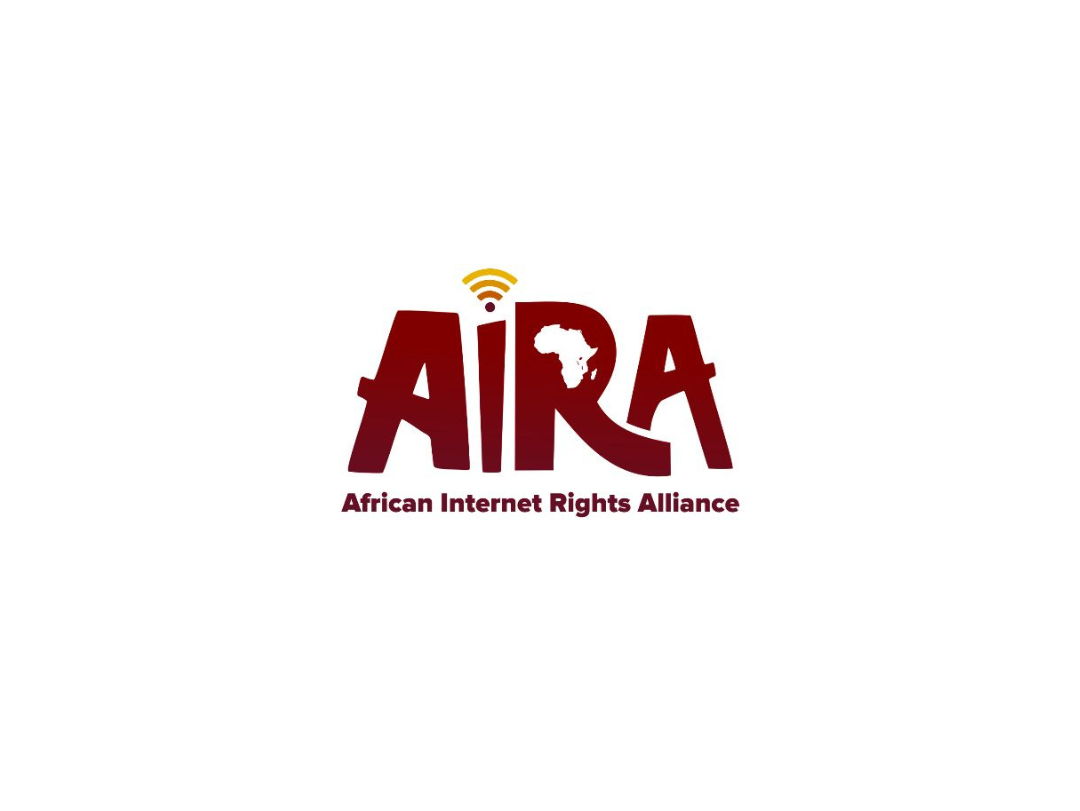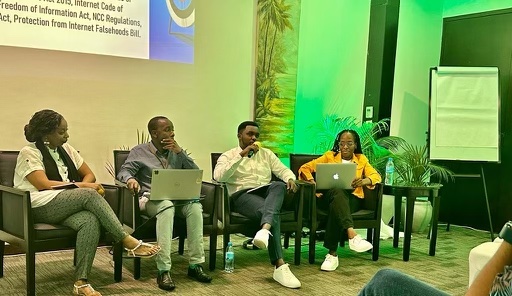
In recent weeks, Nairobi has been gripped by significant unrest as citizens and civil society groups mobilise against the proposed #FinanceBill 2024. The bill, which seeks to impose new taxes and financial regulations, has been widely criticised for exacerbating economic hardships and undermining social justice in a country already grappling with high unemployment and cost of living.
However, at the heart of these protests lies a broader struggle for economic and social rights and the Kenya government’s response to the protests has been troubling. Reports of excessive use of force by security forces, arbitrary arrests, and intimidation tactics have raised serious human rights concerns. Such actions contravene not only Kenya’s own Constitution, which guarantees the right to peaceful assembly and freedom of expression, but also international standards such as the International Covenant on Civil and Political Rights (ICCPR).
In a parallel development, the online space in Kenya has become a critical battleground for freedom of expression. The #RejectFinanceBill2024 movement has gained substantial traction on social media platforms, highlighting the power of digital activism in mobilising public opinion and fostering civic engagement. However, this has also led to increased scrutiny and repression.
The government’s attempts to stifle online dissent through surveillance, internet shutdowns, and censorship mirror the offline crackdown on protesters. These measures are inconsistent with the African Declaration on Internet Rights and Freedoms, which affirms that access to the Internet is a fundamental human right and that digital platforms must be protected as spaces for free expression and assembly.
The arrest of journalist Billy Mutai, known for his critical reporting on the Finance Bill and the protests, has become a rallying point for advocates of press freedom and human rights. Mutai’s detention under dubious charges has sparked the #FreeBilly campaign, drawing attention to the broader issue of media suppression in Kenya. Article 19 of the Universal Declaration of Human Rights (UDHR) and the Kenyan Constitution both protect the freedom of the press, yet these protections are increasingly under threat.
The ongoing protests against the Finance Bill 2024 in Nairobi underscore the interconnectedness of economic, social, and digital rights. As Kenyans take to the streets and online platforms to voice their dissent, the government’s repressive tactics serve as a stark reminder of the fragile state of civil liberties in the country, and indeed across the continent.
The African Internet Rights Alliance uses this as an opportunity to remind both national authorities and the international community to address these violations comprehensively, ensuring that the principles of justice, equity, and human dignity are upheld both offline and online.
In this critical moment, the global human rights community must stand in solidarity with Kenyan citizens, advocating for policies that respect economic rights, protect freedom of expression, and foster a free and open internet.


